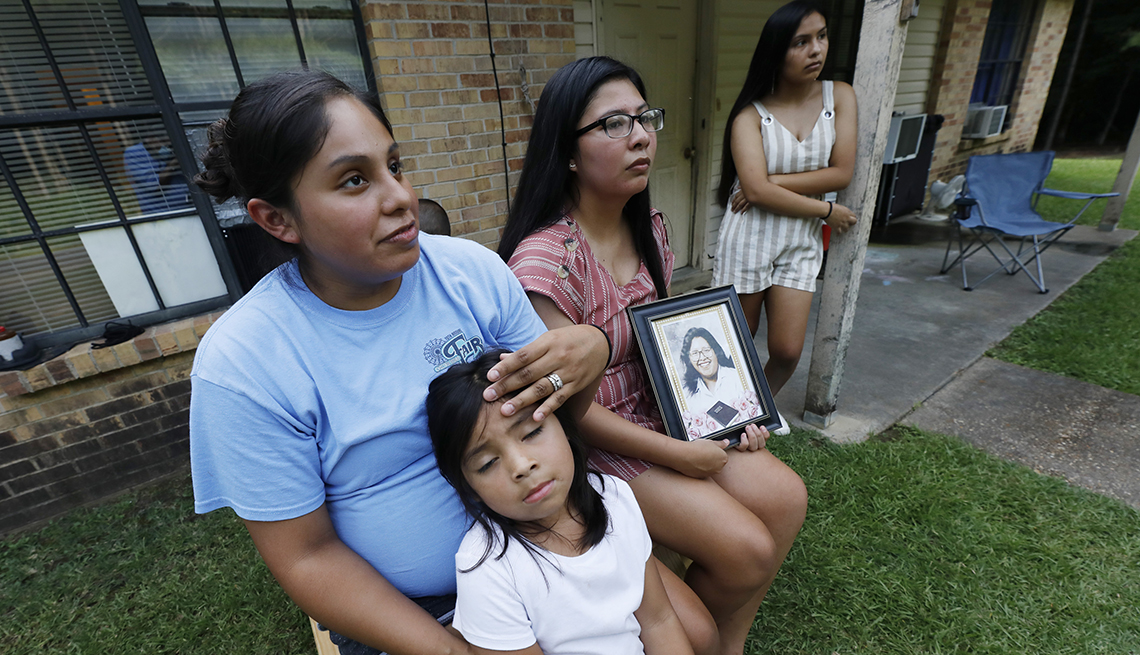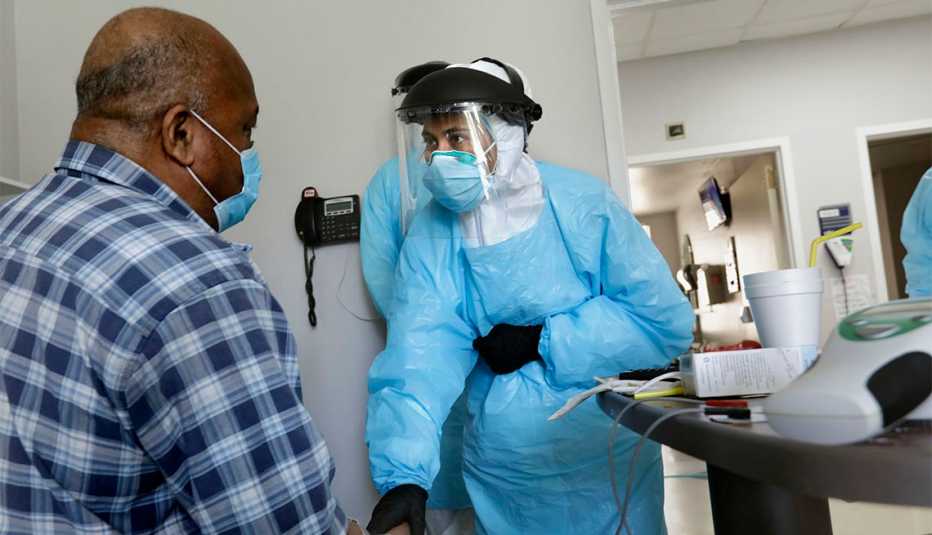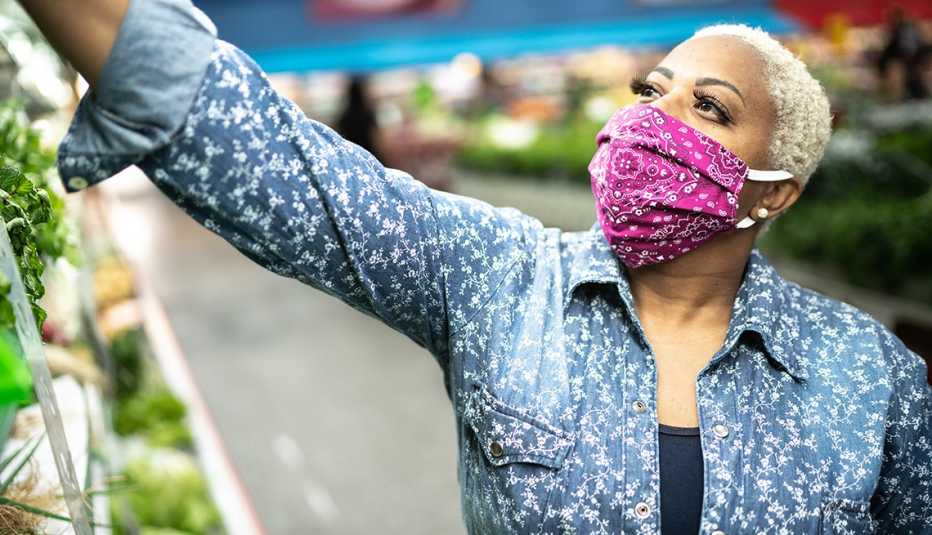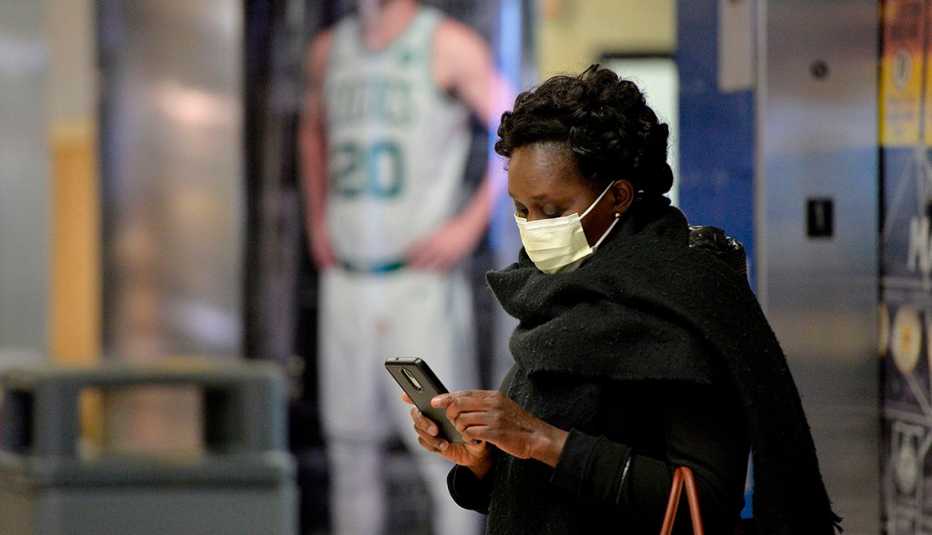Staying Fit
PHILADELPHIA, Miss.— When Sharon Taylor died of coronavirus, her family — standing apart, wearing masks — sang her favorite hymns at her graveside, next to a tiny headstone for her stillborn daughter, buried 26 years ago.
Fresh flowers marked row after row of new graves. Holy Rosary is one of the few cemeteries in this Choctaw Indian family's community, and it's running out of space — a sign of the virus's massive toll on the Choctaw people.
As confirmed coronavirus cases skyrocket in Mississippi, the state's only federally recognized American Indian tribe has been devastated. COVID-19 has ripped through Choctaw families, many of whom live together in multigenerational homes.


AARP Membership— $12 for your first year when you sign up for Automatic Renewal
Get instant access to members-only products and hundreds of discounts, a free second membership, and a subscription to AARP the Magazine.
Almost 10 percent of the tribe's roughly 11,000 members have tested positive for the virus. More than 75 have died. While Native Americans are less than 1 percent of Mississippi's population, they have suffered 4.5 percent of the coronavirus deaths statewide, according to a Kaiser Family Foundation analysis of cases as of July 20.
The once-flourishing Choctaw economy is stagnant, as the tribal government put in place tighter restrictions than those the state imposed.
July brought a glimmer of hope, with some coronavirus infection numbers dropping among Choctaws, but health officials worry that with cases rising elsewhere in the state, the reprieve is temporary. On July 31, Mississippi recorded its highest single-day coronavirus-related fatality count: 52; Tuesday saw 51 deaths.

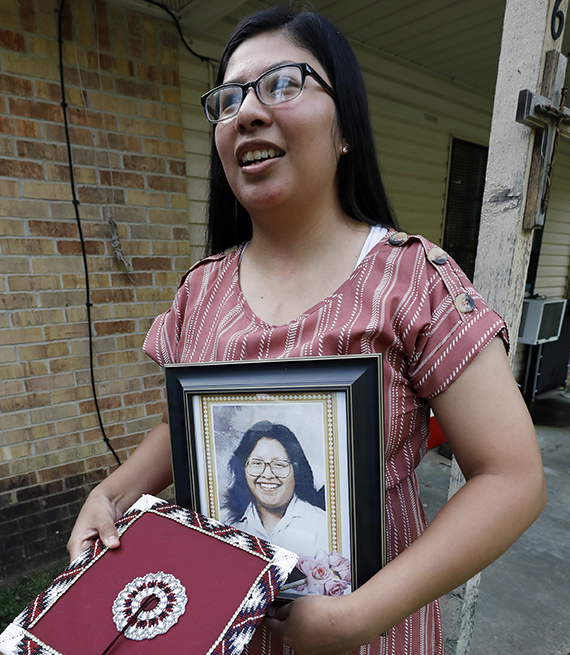
Health care worker gets COVID-19
As a community health technician, Taylor, 53, took the virus seriously from the start. She answered calls from tribe members with symptoms and delivered medicine. In June she herself fell ill.
Kristina Taylor, 18, one of Sharon Taylor's five children, learned just before her mother was admitted to the hospital that she had been named valedictorian of the tribal high school. Her mom had predicted the accomplishment for years. In some of their last moments together, Kristina showed her mom the speech she had prepared for graduation and the Choctaw beadwork her sister used to decorate her cap.



























































